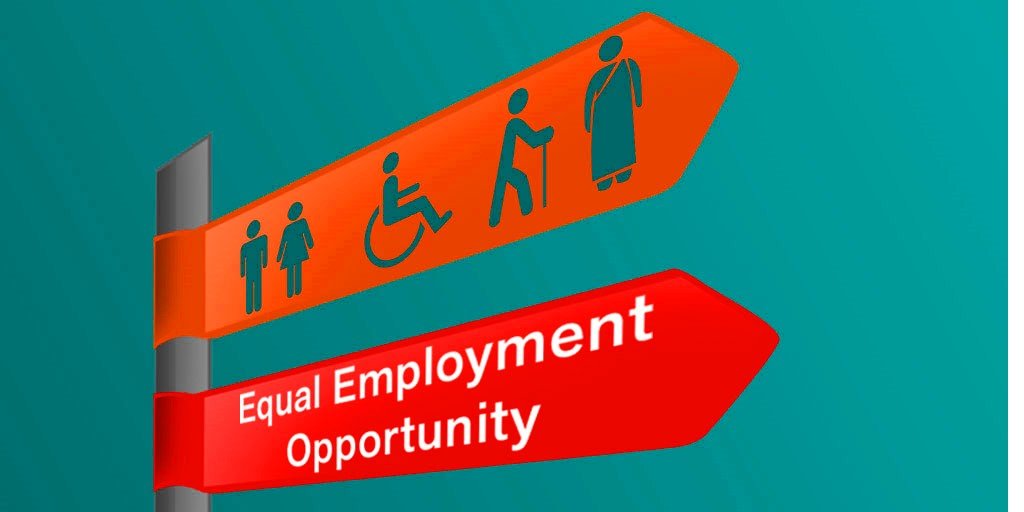Understanding Workers’ Compensation Laws and Benefits 2023


Laws governing workers’ compensation are intended to safeguard both employees and employers in the event of diseases or injuries sustained at work. Due to the no-fault system established by these rules, employees are eligible for benefits regardless of who was at fault for the incident. Although the goals of workers’ compensation laws differ depending on the jurisdiction, they all aim to help injured workers financially and with medical care.
The goal of workers’ compensation and its significance
Workers’ compensation is designed to offer financial assistance and medical care to employees who sustain illnesses or injuries at work. Governments hope to guarantee that injured workers receive appropriate medical care, salary replacement, and rehabilitation assistance by putting these regulations into effect. Additionally essential in defending firms against potential lawsuits resulting from workplace accidents is workers’ compensation.
Access to Workers’ Compensation
An employee must fulfill certain requirements in order to be eligible for workers’ compensation benefits. Employees are typically qualified if they get hurt or fall ill while carrying out their jobs. The eligibility conditions, however, may change according to the jurisdiction and the particulars of the illness or injury.
Read More: Naples Employers Can Help Improve Their Workplaces By Doing These Things (2023)
Various Injury Types Covered
Laws governing workers’ compensation cover a variety of illnesses and injuries that might happen at work. These include occupational diseases including repetitive strain injuries, respiratory disorders, and hearing loss as well as physical injuries like fractures, sprains, and burns. Workers’ compensation may also provide coverage for mental health issues including post-traumatic stress disorder (PTSD) or work-related stress.
Reporting an Illness or Injury
It is essential to disclose sickness or injuries at work as soon as possible to ensure your eligibility for workers’ compensation benefits. Employees are expected to report incidents to their managers or employers as soon as possible and to be as specific as possible about any injuries or illnesses they may have experienced. Benefits may be lost if the injury is not reported within the allotted time frame.
Read More: Employment Law: Your Rights as an Employee (2023)
Rehabilitation and medical care
Employers are often required by workers’ compensation legislation to provide appropriate medical care and rehabilitation services to injured workers. This covers services like doctor visits, hospital stays, surgeries, prescription drugs, physical therapy, and programs for vocational rehabilitation. Restoring the injured worker’s health and facilitating their return to work are the objectives.
Benefits to Replace Lost Wages
Wage replacement is one of the main advantages of workers’ compensation. An employee may be entitled to a percentage of their missed pay if they are unable to work as a result of a work-related illness or accident. While recovering and unable to execute their job obligations, this benefit aids wounded workers in maintaining their financial security.
Benefits for permanent disability
Workers may be qualified for payments for permanent disability if a work-related illness or injury results in permanent impairment. The scope of these benefits will depend on the nature of the condition and how it affects the employee’s capacity to work. Benefits for permanent disability are meant to offer workers who are unable to return to their previous jobs long-term financial support.
Employment Rehabilitation
When an injured worker is unable to carry out the responsibilities of their prior employment, workers’ compensation programs frequently offer vocational rehabilitation services. These initiatives help employees learn new skills or locate alternative employment that fits their qualifications and constraints. Vocational rehabilitation seeks to increase wounded workers’ employability and make it easier for them to rejoin the workforce.
Funeral Benefits
Workers’ compensation offers death benefits to the dependents of the deceased worker in tragic situations where a job injury or sickness results in the employee’s passing. These benefits usually cover burial costs and provide ongoing support for any dependents who relied on the dead employee’s income.
Employer Insurance Coverage
To ensure that injured workers receive the necessary benefits, the majority of jurisdictions mandate that companies maintain workers’ compensation insurance coverage. In the event of occupational injuries, this insurance offers companies financial protection and aids in defraying the expense of workers’ compensation claims.
Claims Procedure
The injured worker must first notify their employer of the occurrence before beginning the claims process for workers’ compensation. After that, the employer starts the required paperwork and notifies the workers’ compensation insurance provider. The insurance company assesses the claim and, if it is accepted, pays the injured worker the proper benefits.
Legal Support for Employees
Injured workers may look for legal advice in complicated instances or situations where a workers’ compensation laws claim is rejected. These cases are a specialty for workers’ compensation lawyers, who can offer advice, support, and counsel to make sure injured workers get the money they are due.
Dispute and appeal resolution
Disputes regarding the severity of injuries, benefits, or the denial of a claim may occur during the workers’ compensation laws procedure. The majority of governments have a procedure for resolving these conflicts, which frequently entails administrative hearings or mediation. Workers who have been wounded have the right to appeal decisions in order to get a just outcome, if necessary.
Conclusion
In the event of occupational injuries or illnesses, workers’ compensation laws legislation, and benefits are crucial for safeguarding their safety and well-being. These laws offer wounded workers financial assistance, medical care, and rehabilitation services so they can recuperate and go back to work. Employees can better navigate the workers’ compensation laws process and get the support they need by being aware of their rights and the advantages that are available.
In order to protect the rights and general welfare of employees who suffer diseases or injuries at work, workers’ compensation laws legislation, and benefits are essential. These regulations make sure that hurt workers get the treatment, assistance, and rehabilitation they require to recover and go on with their life. Workers can navigate the system more skillfully and obtain the benefits they are entitled to by being aware of their rights and the claims procedure.
FAQs
How soon must I file a workplace injury report?
In order to secure prompt eligibility for workers’ compensation payments, it is critical to disclose a workplace accident as soon as possible. The precise reporting deadline may change based on your jurisdiction and the type of injury. It is advised to inform your employer as soon as possible, nevertheless.
Which injuries fall under the purview of workers’ compensation laws?
Generally speaking, a wide variety of illnesses and injuries that arise at work are covered under workers’ compensation laws and regulations. This covers both occupational diseases and mental health issues, as well as physical injuries including burns, sprains, and fractures. The relevant regulations of your jurisdiction must be consulted in order to ascertain the extent of coverage.
Can I choose my own doctor to treat me as a result of workers’ compensation laws?
Depending on your jurisdiction, you might be able to choose your own doctor for workers’ compensation laws therapy. Employers may occasionally offer you a list of authorized healthcare providers to choose from. It is crucial to become familiar with the laws in your area and seek advice from your employer or insurance provider.
What occurs if my claim for workers’ compensation laws is rejected?
You have the right to appeal the decision made about your workers’ compensation laws claim if it is rejected. Although the appeals procedure varies depending on the jurisdiction, it often entails providing more information, appearing in court, and perhaps even retaining counsel. You can successfully navigate the appeals process by seeking the advice of an expert workers’ compensation lawyer.
Are benefits under workers’ compensation laws available to independent contractors?
Independent contractors may have different requirements to qualify for workers’ compensation laws coverage. In general, independent contractors are not often covered by workers’ compensation legislation. To ascertain your status and rights as an independent contractor, you must, however, review the laws in your jurisdiction and get legal counsel.










